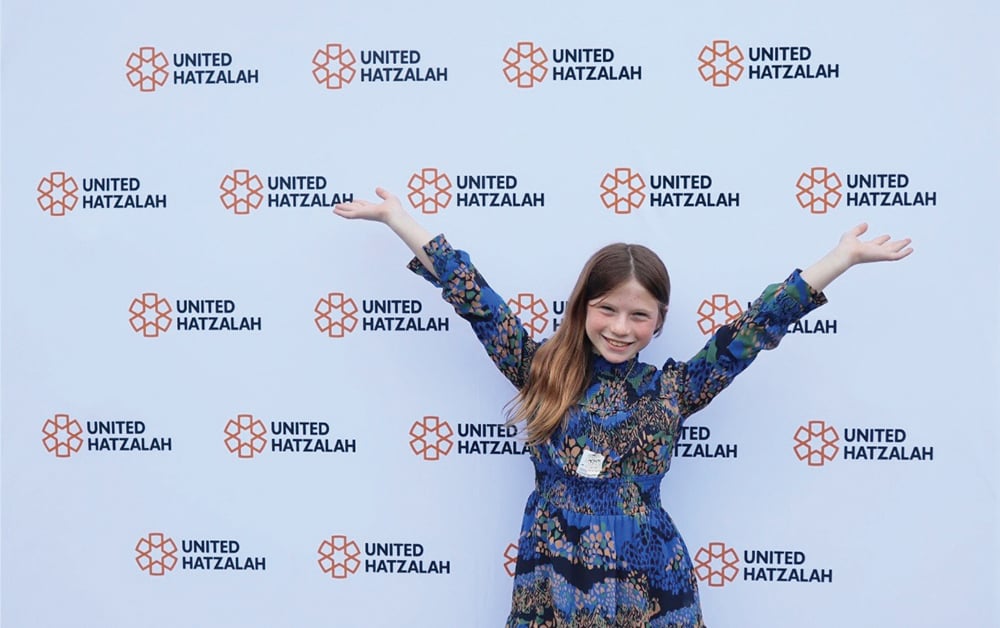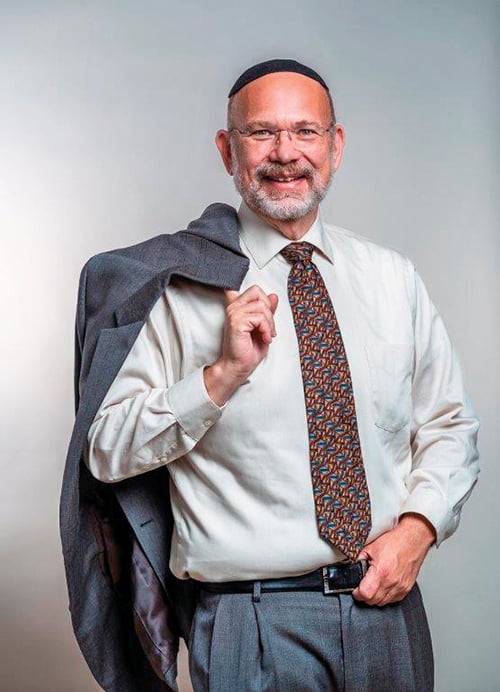In the wake of the Supreme Court’s landmark ruling on education aid, learn the three Ps of advocacy work.
There are no longer any legal barriers to federal, state and local governments providing financial support to religious and other nonpublic schools. This is the core impact of the U.S. Supreme Court’s ruling last month in Carson v. Makin—striking down Maine’s policy of excluding religious schools from its tuition assistance program. So, what comes next? What are the opportunities for Jewish and allied communities to create and expand education freedom and choice opportunities? The answers lie in remembering the “three Ps” that are the foundation of any good advocacy work—understanding policy, building partnerships and mobilizing people.
#1: Understanding Policy
While the Carson case has made everyone aware of Maine’s tuition assistance program, less well known are a host of other existing policies in various states delivering support—either directly or indirectly—to nonpublic schools and their families. In New York, for example, the state has allocated $178 million during each of the past five years to pay for STEM (science, technology, engineering and math) teachers in nonpublic schools New Jersey is in year three of its own highly successful STEM program in nonpublic schools. Read about it here: https://bit.ly/3yyxL1B.
In Pennsylvania and Florida, state tax credit programs provide more than $50 million in scholarship funds to day schools and yeshivas. In Arizona, the governor just made that state’s school choice program available for all families (up to $6,600 per student to all families who qualify). And there are a host of other programs, from providing bus transportation and school nurses to security guards and more. At the federal level, funding programs for low-income students and those with learning disabilities have long been available to eligible nonpublic school students, although the delivery of their services has been uneven.
The Supreme Court’s ruling in Carson v. Makin provides a new landscape for opportunities to create and expand programs across the United States. That means Pennsylvania’s existing scholarship tax credit program could be replicated in New Jersey, and New York’s system for granting subsidies for STEM teachers could be applied in Maryland. And that’s just the start; this ruling provides a nationwide canvas for limitless opportunities in every state and on the federal level. We at the Orthodox Union have already demonstrated, through persistence and hard work, our community’s ability to enact myriad programs on a range of important issues.
Several years ago, a group of communal leaders and the OU Advocacy team almost succeeded in having the tax code amended to designate a portion of religious school tuition as tax deductible. (A ruling by the Senate parliamentarian derailed the vote.). This fair and sensible proposal must be revived in future federal tax legislation.
The ruling in Carson v. Makin creates new opportunities that extend beyond education and into other important policy areas. For example, did you know that a new federal grant program is being created by the Department of Energy to help nonprofit entities, including synagogues and other houses of worship to make their buildings more energy efficient? The new Nonprofit Energy Efficiency Act, which we crafted in partnership with bipartisan allies in Congress, will not only help institutions reduce their utility costs but will also serve a broader goal of reducing energy consumption and combating climate change.
So what stops us from creating other groundbreaking policy initiatives? Nothing, if we act together.
#2: Building Partnerships
The Orthodox Jewish community must expand its partnerships to other communities and citizens with shared interests. We have long worked with the Catholic community to advocate for policies supporting nonpublic schools and their families; more than 2 million children in that community attend Catholic schools. Amid school shutdowns during COVID, many more parents became frustrated with the public school sector and enrolled their children in nonpublic schools. We must find ways to connect with these parents and enlist them as our coalition partners.
#3: Mobilizing People
Finally, the most beneficial policy proposals and the most coherent coalition partnerships will not motivate politicians to deliver these programs to our community unless we reach the most important “P”: People. That includes you, the reader and your friends. As this is an election year for Congress and many state offices in New York, Maryland and other states in which Orthodox Jews reside, it is “prime time” for such advocacy.
We must turn out to vote, but we must also organize and attend candidate forums and use those and other opportunities to raise education funding as a priority issue to those seeking our votes. Thankfully, there is a network of people who are ready to have you join them. Close to 1,000 activists have made the policy impacting your kids today a reality, but it may take another 5,000 to 10,000 to expand education funding programs nationwide.
The Orthodox Union and our religious-liberty and school-choice coalition partners engaged in decades of determined advocacy before the Supreme Court to help achieve the landmark ruling in Carson v. Makin. This decision effectively removed constitutional objections to government aid for Jewish and other nonpublic schools.
The field is now clear for us, as constituents, to act on one of our most long-standing priorities. If we forge broader partnerships and mobilize our people, then you, your friends and our families can achieve our goals to ensure our children have access to the best education for them. Sign up at https://teachcoalition.org/#join to add your name to our growing coalition.
Nathan J. Diament is executive director for public policy, and Maury Litwack is managing director for public affairs for the Orthodox Union.












